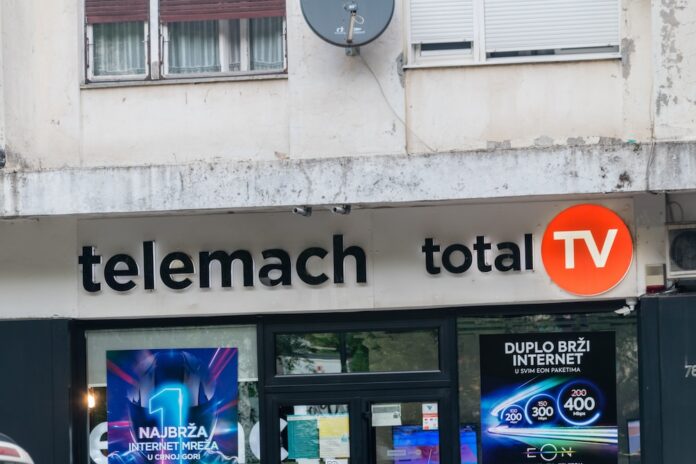Subsidiary United Fiber will build new terrestrial cable between Athens and Thessaloniki as its parent United Group attracts the interest of Saudi’s stc
European telecom and pay-tv operator United Group has announced its subsidiary United Fiber will build a terrestrial cable between Athens and Thessaloniki, which will be part of a wider regional backbone aiming to enhance United Group’s infrastructure footprint in the Southeastern Europe. The new terrestrial cable will kick off in September 2024 and to be completed by the end of 2025 and will connect Greece further to UG points of presence in Sofia and Belgrade and, through crossing all Balkan region, will reach West Europe’s main hubs.
The announcement comes after Reuters broke the news that Saudi Arabia’s stc Group was in the early stages of considering an offer for United Group, currently owned by UK investment firm BC Partners, which acquired United Group in 2019 from KKR. While said deal is reportedly at an early stage, stc does understand the assets at play as its towerco subsidiary TAWAL, began operations in Europe last September having completed the acquisition of United Group’s telecom tower assets. They gained 4,800 sites spread across Bulgaria, Croatia, and Slovenia. The deal was announced in April.
Attractive proposition
Curiously, after the pending deal was revealed, United Group issued a news release that didn’t really have a lot of news in it but did have a veritable shopping list of the telco’s fibre assets. The company said United Fiber now owns 60,000km of backbone and metro network spanning across 4 EU markets Greece, Bulgaria, Croatia and Slovenia – reaching 3.6 million homes.
United Fiber’s overall investment pipeline is €450 million (2024-2028) and while infrastructure wholesale activities are managed by UGI, the actual fibre assets are now segmented into a single asset portfolio. The company is forecasting adding a further 475,000 FTTH homes in 2024 with a similar pace in the following years.
Beginning with the registration of the newly established company in Slovenia in March 2024, which will be followed by Bulgaria and Croatia by the end of this year, the Group said it is focused on further accelerating and strengthening its investments.
United Fiber Greece has been able to accelerate its impact with 20% FTTH penetration on its own network (versus 8% national), according to the company. In Bulgaria the United said it has the largest FTTH network in the country reaching 50% of all households with the plan to expand to 67% by 2028. In Croatia around 80,000 households are added per year with the telco’s plan to reach 40% of all households by 2028. In Slovenia, United owns the second largest gigabit-enabled network covering around 50% of the total households in the country.
The Greece project
The Athens – Thessaloniki terrestrial cable will cover 548km of network, passing through eight key cities of Greece (Athens, Thessaloniki Volos, Lamia, Larissa, Livadeia, Katerini, Thebes). From Thessaloniki, the new route will connect Sofia and Belgrade and, through crossing all Balkan region, will reach West Europe’s main hubs through Ljubljana.
To the East, it will be able to reinforce the existing interconnections with Turkey and the Middle East, strengthening the existing interconnection with Bulgaria. To the West and South, the new route will be part of the current backbone linking Athens with existing submarine cable to Italy and Crete.
“By creating this completely new route, United Group tangibly demonstrates its commitment to be the largest fiber network provider in Southeastern Europe, enhancing competitiveness, creating new investment opportunities and accelerating the digital transformation of all countries involved,” said UGI wholesale CEO Paolo Ficini. “The project meets the increasing demand coming from the significant investment in new data centers in the region, as well as in new submarine cables landing in Greece in the Southern border.”



